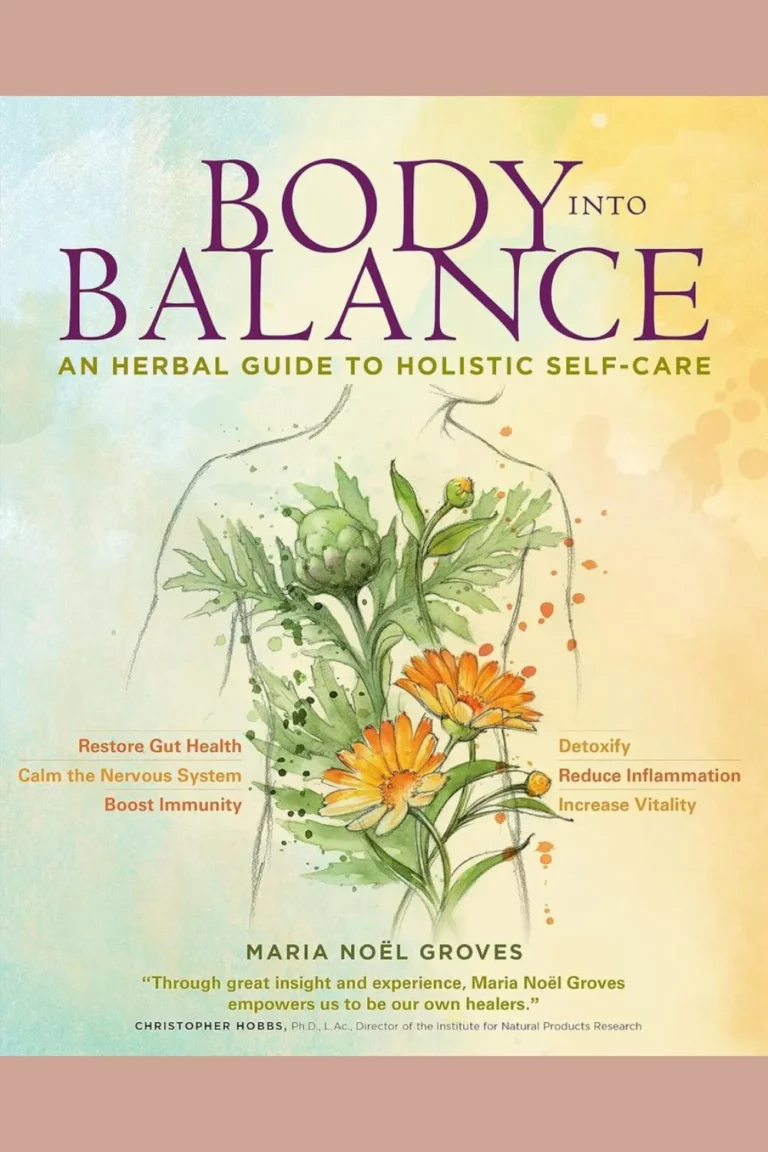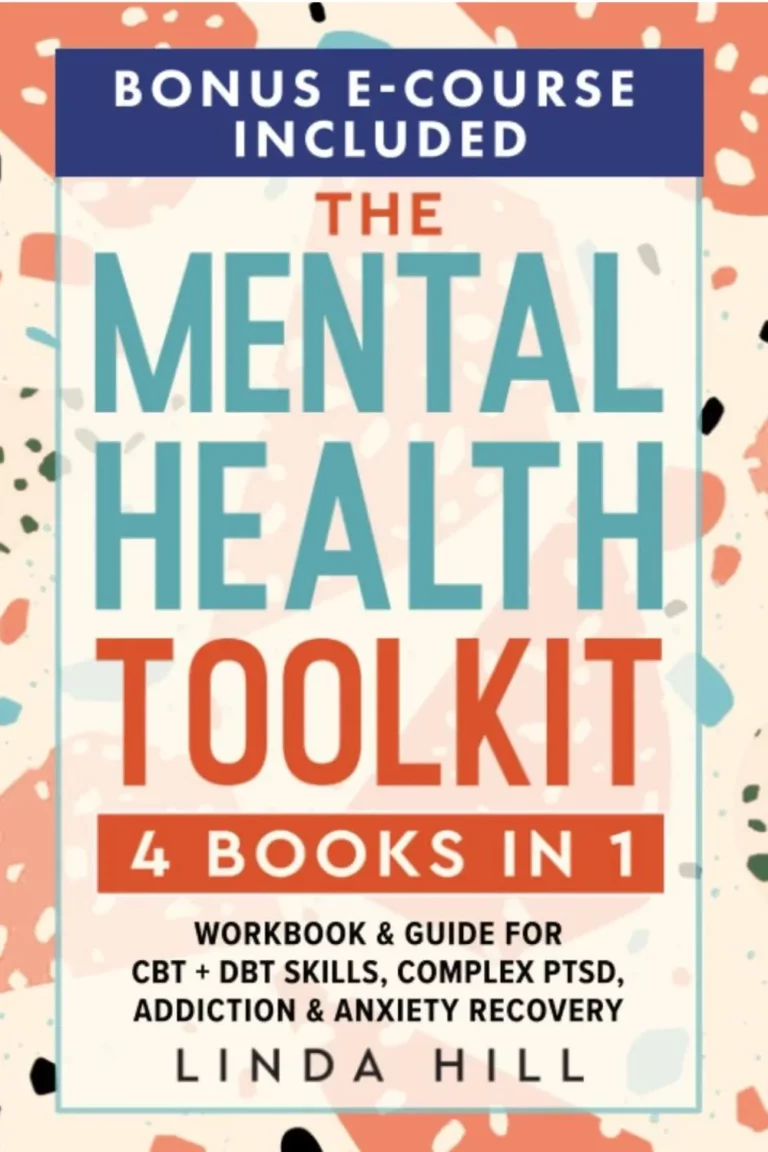Dieting Does Wonders for Your Health
Dieting Does Wonders for Your Health is a phrase that suggests that making conscious and healthy choices in your eating habits can have a positive impact on your overall health and well-being.
This could include things such as maintaining a balanced diet, monitoring portion sizes, and incorporating nutritious foods into your meals.
A healthy diet is essential for maintaining a healthy lifestyle and long-term wellness.
Eating a balanced diet with a variety of nutrient-rich foods helps to promote physical, mental and emotional well-being.
Eating balanced meals and snacks can also help control weight and reduce the risk of chronic diseases.
Dieting has become an increasingly popular method for improving health, and there are many ways to adapt a diet to fit individual needs.
Making simple changes in the quality and quantity of food consumed can have a profound effect on overall health.
This blog post will explore the health benefits of dieting and discuss some of the most successful methods for achieving a healthier lifestyle.
From weight loss to improved nutrition, dieting can provide a wealth of benefits to anyone willing to make the commitment to a healthy lifestyle.
With a better understanding of the power of dieting, readers will be well on their way to a healthier, happier life.
Table of Contents Dieting Does Wonders for Your Health
Improve Metabolism
Improving your metabolism is one of the most important things you can do when it comes to dieting.
A good metabolism allows your body to efficiently break down food into energy, and it helps you maintain a healthy weight.
Eating foods that are high in protein, complex carbohydrates, and healthy fats will help boost your metabolism.
Getting enough sleep and exercising regularly will also help improve your metabolism and overall health.
Dieting can lead to improved metabolism, aiding in efficient food breakdown and weight management.
Consuming protein, complex carbohydrates, and healthy fats can boost metabolism.
Adequate sleep and regular exercise also contribute to better metabolism and overall health.
Dieting aids in improving metabolism, leading to efficient food breakdown and weight management.
Consuming foods high in protein, complex carbohydrates, and healthy fats can boost metabolism.
Additionally, getting enough sleep and exercising regularly contribute to better metabolism and overall health.
Control Weight
One of the most important elements of a healthy lifestyle is controlling your weight.
Being overweight or obese can cause a number of health problems, including high cholesterol, diabetes, and heart disease.
Eating a balanced diet and getting regular exercise are key to maintaining a healthy weight.
Eating healthy, whole foods and avoiding processed, refined foods can help you reach your weight goals.
Incorporating regular exercise into your daily routine can help you stay active and burn more calories.
Integrating these two habits into your life will help you control your weight and keep you healthy.
Consuming a diet rich in protein, complex carbohydrates, and healthy fats can enhance your metabolism and promote overall well-being.
Prioritizing sufficient sleep and engaging in regular exercise are also crucial factors in fostering a healthy metabolism and maintaining good health.
Weight management plays a vital role in a wholesome lifestyle.
Carrying excess weight or being obese can lead to various health complications such as elevated cholesterol levels, diabetes, and heart disease.
Achieving a healthy weight can be accomplished by following a balanced diet and incorporating regular physical activity.
Opting for nutritious, unprocessed foods and avoiding refined options can facilitate achieving your weight goals.
By integrating consistent exercise into your daily routine, you can enhance your energy expenditure and maintain an active lifestyle.
Embracing these habits will support weight control and contribute to your overall well-being.
Increase Energy
One of the most important benefits of eating a healthy diet is the boost of energy it can give you.
Eating nutrient-rich foods, like fruits, vegetables, and lean proteins, provides your body with the essential vitamins and minerals it needs to function properly and give you sustained energy throughout the day.
Additionally, avoiding processed and junk foods, which are high in fat and sugar, can help you avoid the dreaded “sugar crash” that leaves you feeling sluggish and fatigued.
Eating a healthy diet can help you have more energy, increased mental clarity, and improved physical performance.
Engaging in regular physical activity offers numerous health benefits, including increased energy expenditure and the promotion of an active lifestyle.
These habits contribute to weight management and overall well-being by supporting a healthy body weight.
Consuming a nutritious diet is another crucial aspect of maintaining energy levels.
Opting for nutrient-dense foods such as fruits, vegetables, and lean proteins provides essential vitamins and minerals that fuel the body and sustain energy throughout the day.
Conversely, avoiding processed and high-sugar foods can help prevent energy crashes and feelings of fatigue.
Prioritizing a healthy diet can lead to enhanced energy, improved cognitive function, and better physical performance.
Improve Mental Health
The fourth way dieting can help your health is by improving your mental health. Eating a nutritious diet can help boost your mood and reduce your stress levels.
Studies have shown that certain foods like leafy greens, nuts, fatty fish, turmeric, and dark chocolate can help improve your mental well-being.
Additionally, avoiding processed foods can help reduce inflammation in the body, which can also lead to better mental health.
Eating a healthy diet can help improve your focus and concentration and may even reduce the risk of developing anxiety and depression.
Boosting your mood and reducing stress levels are some benefits of consuming a nutritious diet, as certain foods like leafy greens, nuts, fatty fish, turmeric, and dark chocolate have been shown to improve mental well-being.
Additionally, avoiding processed foods can reduce inflammation, leading to better mental health.
A healthy diet can also improve focus, concentration, and potentially reduce the risk of anxiety and depression.
Combat Chronic Diseases
Eating a healthy diet does wonders for your health, especially when it comes to combating chronic diseases.
Eating a nutritious diet can lessen the risk of stroke, heart disease, diabetes, and certain types of cancers.
Eating a diet rich in fruits, vegetables, lean proteins, and healthy fats will help you maintain a healthy weight and provide your body with essential vitamins and minerals.
Consuming a diet with plenty of anti-inflammatory foods will also help to alleviate the symptoms of chronic diseases.
In addition, avoiding foods that are high in saturated fats, sodium, and sugar is important for preventing obesity and chronic diseases.
A healthy diet can also improve focus, concentration, and potentially reduce the risk of anxiety and depression.
Eating a nutritious diet can lessen the risk of stroke, heart disease, diabetes, and certain types of cancers.
Eating a diet rich in fruits, vegetables, lean proteins, and healthy fats will help you maintain a healthy weight and provide your body with essential vitamins and minerals.
Consuming a diet with plenty of anti-inflammatory foods will also help to alleviate the symptoms of chronic diseases.
In addition, avoiding foods that are high in saturated fats, sodium, and sugar is important for preventing obesity and chronic diseases.
Lower Blood Pressure
Eating healthy and exercising regularly can be the key to lowering your blood pressure. Eating a balanced diet that is rich in fruits, vegetables, whole grains, and low-fat dairy can help reduce hypertension and keep it from returning.
A healthy diet should be low in sodium, saturated fat, and total fat.
Additionally, regular physical activity can help reduce your blood pressure, as well as strengthen your heart muscle and improve your overall health.
Exercise can also help you maintain a healthy weight, which can help lower your blood pressure.
Incorporating a variety of anti-inflammatory foods into your diet can effectively mitigate symptoms associated with chronic diseases.
Furthermore, it is crucial to avoid the consumption of foods that are high in saturated fats, sodium, and sugar, as they play a significant role in the prevention of obesity and chronic diseases.
To lower your blood pressure, adopting a healthy lifestyle that includes a balanced diet and regular exercise is paramount.
A diet rich in fruits, vegetables, whole grains, and low-fat dairy products can effectively reduce hypertension and prevent its recurrence.
A healthy eating plan should prioritize low sodium, saturated fat, and total fat intake.
Additionally, engaging in regular physical activity not only contributes to lowering blood pressure but also strengthens the heart and improves overall well-being.
Regular exercise also aids in maintaining a healthy weight, which in turn assists in reducing blood pressure levels.
Reduce Cholesterol
Reducing cholesterol levels is essential for a healthy lifestyle. Eating a diet rich in whole grains, fruits, and vegetables, while limiting saturated and trans fats, is the best way to reduce your cholesterol.
Adding fish, nuts, and beans to your diet is also a great way to lower cholesterol levels. You should also avoid processed foods and junk food as much as possible. Eating a healthy and balanced diet along with exercising regularly is the key to a healthy lifestyle.
Increase Longevity
Eating a healthy diet can have far-reaching impacts on your life, and one of the benefits is its ability to help you increase your longevity. Good nutrition is essential for powering the cells in your body and for keeping your body functioning optimally.
Eating nutrient-rich foods like fruits, vegetables, and whole grains can help you stay healthy by providing your body with essential vitamins and minerals.
Additionally, eating high-fiber foods, such as legumes and whole grains, can help you stay fuller for longer and reduce your risk of developing chronic diseases.
In conclusion, it is clear that dieting can have a positive impact on your health. Eating the right foods, cutting down on the unhealthy ones, and exercising regularly can all contribute to a healthier lifestyle.
Taking the time to research healthy dieting habits and find recipes that you enjoy can make the process easier. Making changes to your diet may not be easy, but the rewards are worth it.








